In meetings with key WTO agricultural negotiators in Geneva last week, the IFA set out its position relating to renewed efforts to reach agreement in the long-running Doha Round.
The IFA delegation held meetings with the chair of the Doha Round on agriculture, ambassador Vangelis Vitalis, and WTO director of agriculture and commodities, Evan Rogerson.
The Geneva event commemorated 20 years of the World Trade Organisation. According to Evan Rogerson, WTO director of Agriculture and Commodities Division, meaningful progress in the Doha round post-Nairobi will involve a significant balanced agreement at the ministerial conference in December, but it is unclear what that will include.
Ambassador Vitalis, the newly-elected chair of the WTO agricultural negotiations, was enthusiastically determined to try and finally make progress in this round.
WTO agriculture negotiators are working hard on limiting domestic supports, eliminating export subsidies and increasing market access in agriculture for all WTO participants.
In previous Doha rounds, EU negotiators went further than anyone else and IFA is warning against any further EU concessions in relation to domestic supports, market access or export subsidies until all trading blocs involved match these concessions.
However, unlike previous negotiations, Ireland now has some offensive interests, especially in the area of limiting trade-distorting domestic supports in countries such as China and the US, and increasing market access for small, open economies such as Ireland.
In the past two CAP reforms, European agriculture has reduced domestic support to well below WTO targets and EU negotiators must now demand similar moves from developing countries such as China as part of any deal.
With Ireland’s focus on agri-food exports, market access is a critical component. However, equivalence of standards and protection of Europe’s high quality environmental, animal welfare and food safety status must be protected in any WTO trade deal. Again, because of Europe’s previous concessions, a move on tariff restrictions should not impact negatively on imports to Europe.
EU negotiators must secure significant concessions to reduce tariffs and trade restricting quotas in other trading blocs if European farmers are to get any benefit from a deal in Nairobi.
The global trading landscape has changed significantly since 2008 and any deal must take a longer-term perspective that looks beyond the next 10 years. Ireland’s agri-food industry is looking to grow to €19bn by 2025 which would represent an 85% increase in value (currently at €10.5bn).
Demographics
Global demographics mean that Ireland needs to grow new markets and large markets need to be accessed in a competitive manner – particularly as between now and 2030, 90% of the world’s growth is projected to take place outside Europe’s borders.
While the direction of global trade may move slowly, impetus from deals such as this week’s agreement on the Trans-Pacific Partnership (US and Asia) give a clear indication of where such agreements are going.
Bilateral and multilateral agreements are now seen as the driving force for global trade and the EU is investing greater resources in support of this policy. Within the Asia-Pacific region, which accounts for 50% of international trade, the attraction for participants is clear. The EU will not want to be left behind, so we can expect increased interest around TTIP, particularly once president Obama secures Congress approval for TPP. Election year politics may push back negotiations into 2017.
Ireland has offensive as well as defensive interests in trade deals such as WTO and TTIP. We are turning our attention to the global market as the source of future returns and Irish food and drink exports to China increased 50% last year, making it the seventh ranked destination for these exports. Ireland needs market access and a level playing pitch, and equivalence of standards is key.



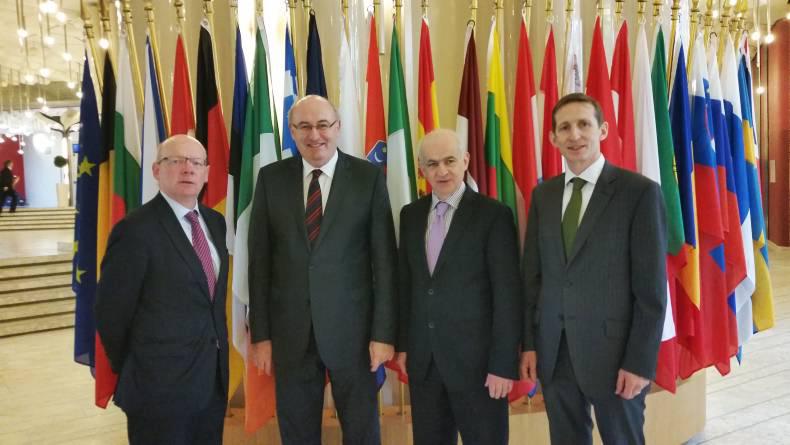
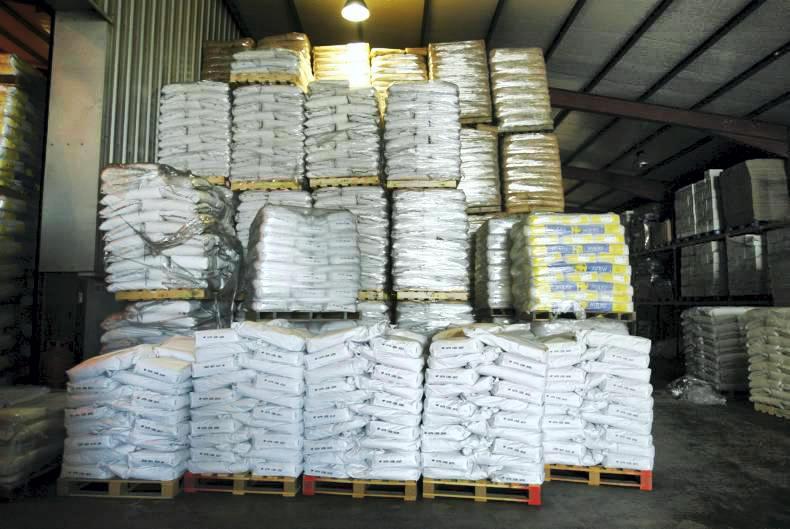
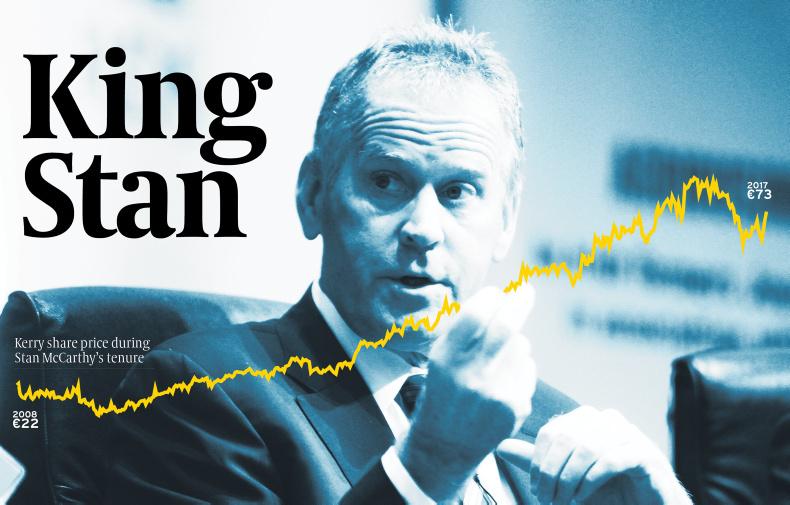
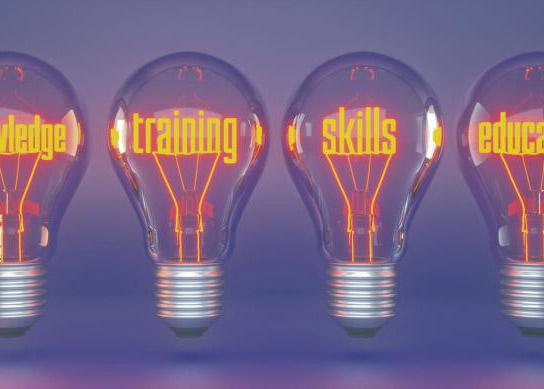
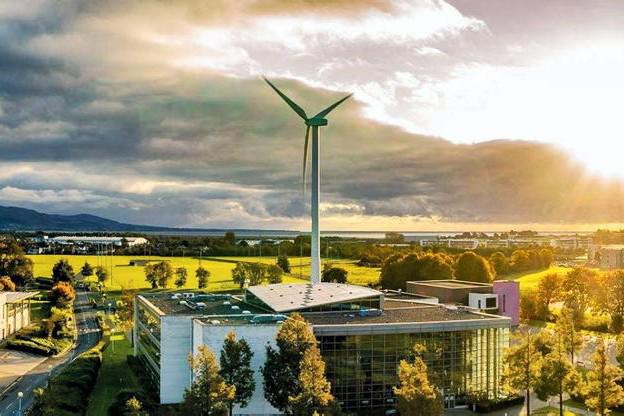
SHARING OPTIONS